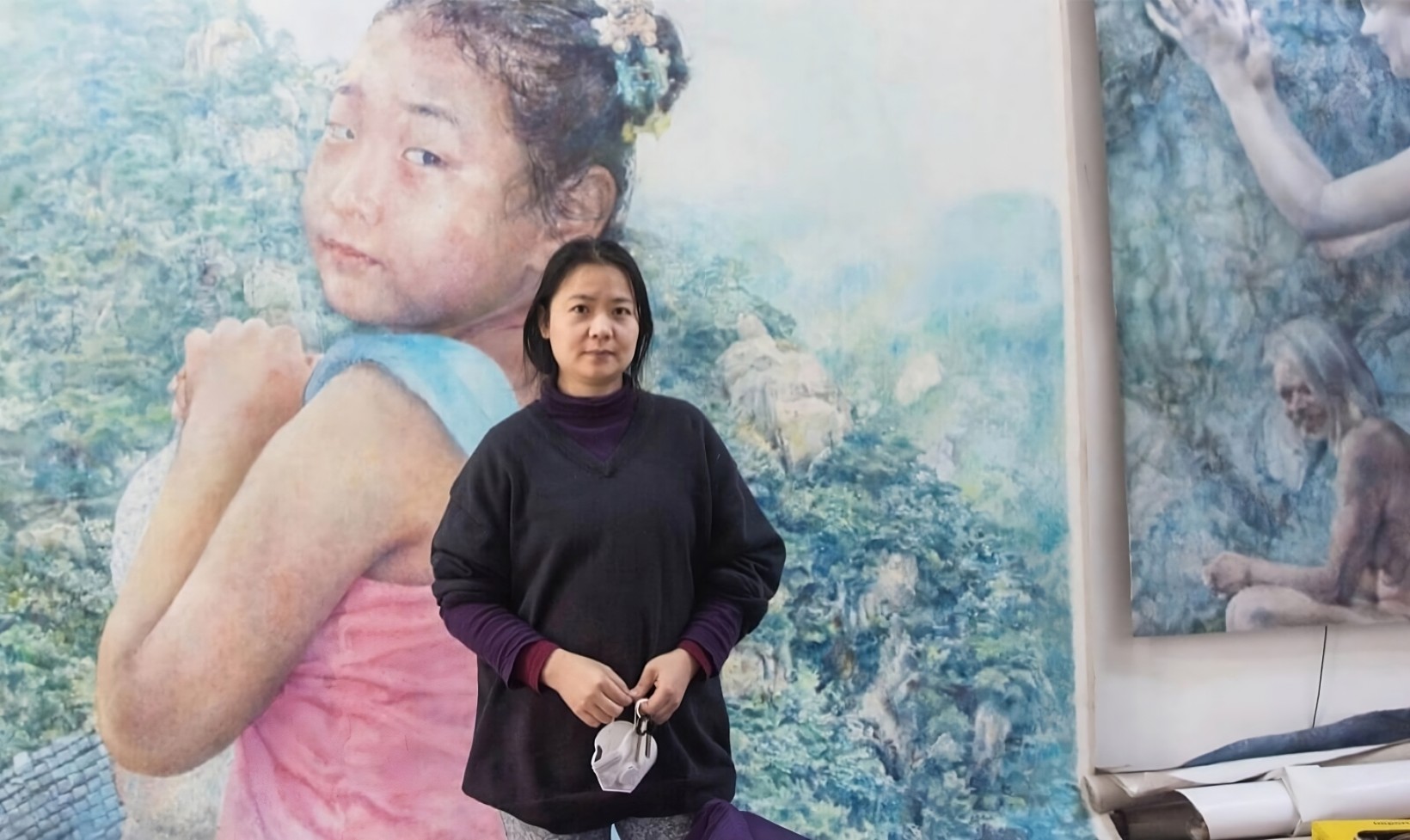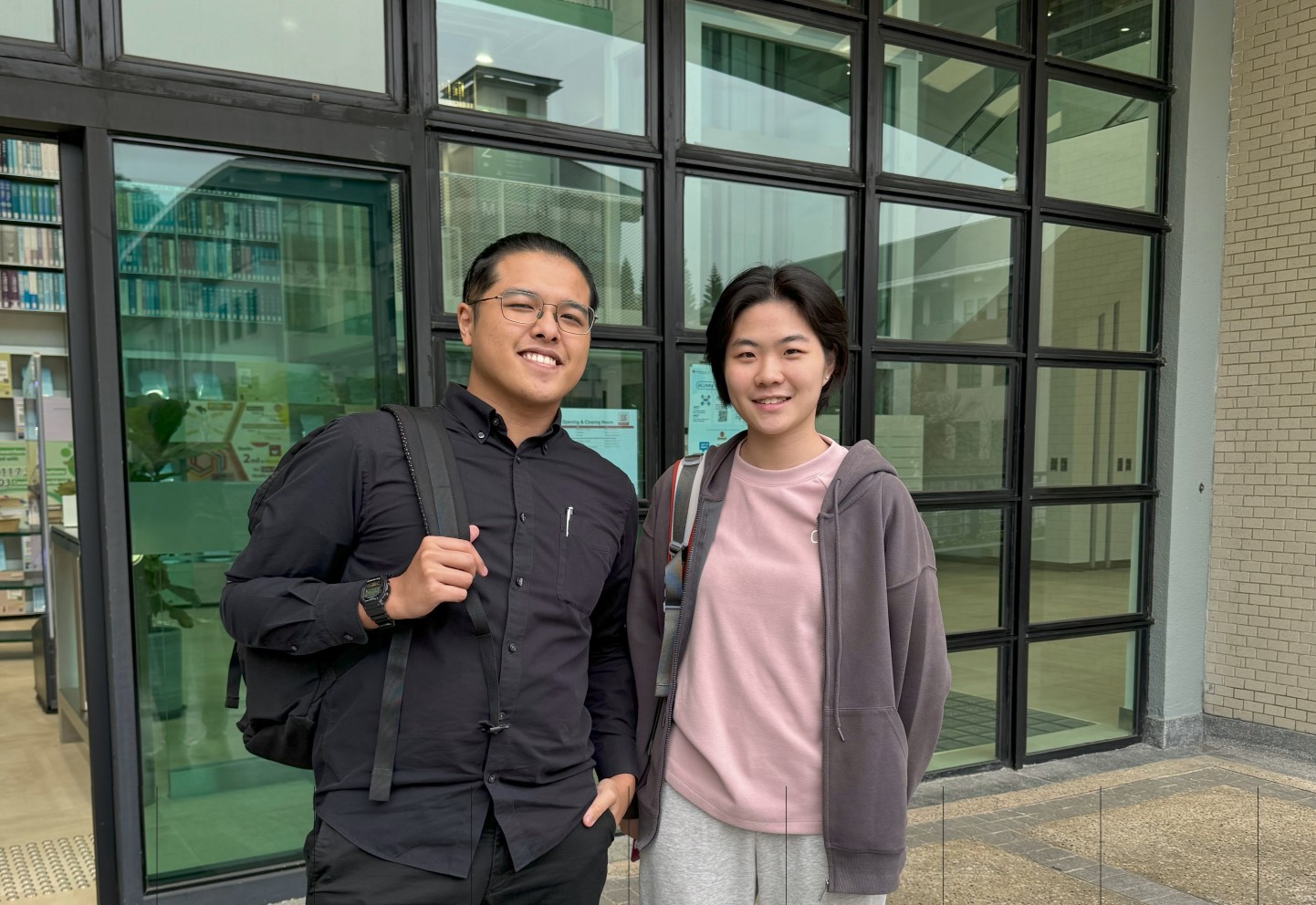'The Ordinary Matters' tells the story of marginalised groups, and belief in the power of creativity to transform lives
The Department of Digital Arts and Creative Industries (DACI) at Lingnan University is currently presenting “The Ordinary Matters” at the Leung Fong Oi Wan Art Gallery until 3 February, the work of artist-in-residence Jing Y., created in collaboration with people she met during her journeys to urban and rural villages in China. Delving into the hidden stories of people on the fringes of society, thought-provoking multimedia installations explore marginalised communities’ family relationships, how they live, and their personal values, and reinforce our belief in the power of creativity to transform lives.
The exhibition is divided into three. The first part showcases her early paintings in realism. The second part focuses on Jing Y.’s collaboration with female domestic workers in China, and includes the community project “Sweat! Stop! Rewrite!”. Set up in 2019, the project aims to reshape female migrant workers' sense of self and their relationship with the world through creativity by giving free drawing and writing classes. The third part highlights a recent art education initiative of an experimental educational space for migrant families with volunteers and educators, in collaboration with the Department of Digital Arts and Creative Industries.
“Besides female domestic workers, I also worked with other groups, such as children and parents from migrant families to encourage mutual support and self-help between different social classes through creative processes,” Jing Y. explains.

Artist-in-residence Jing Y.
Lingnan is committed to students' social care with a quality liberal arts education. Prof Li Yu-chieh, Assistant Professor of the DACI and curator of "The Ordinary Matters", says “this exhibition is part of a research project on experimental models of socially engaged art supported by the Innovation and Impact Fund at Lingnan. Upholding Lingnan's motto ‘Education for Service’, we have engaged with migrant workers and their families, rural and urban youth, NGO staff and educators from Mainland China, as well as Indonesian domestic workers in Hong Kong, through workshops and activities related to the exhibition. We explore topics such as family relationships, equal opportunities and the educational environment for the working class and their children, and hold dialogues across social classes and cultural groups.”
“The Ordinary Matters” is on at the Leung Fong Oi Wan Art Gallery.
Undergraduate Jazz Yuen (Global Development and Sustainability) sees visiting exhibitions as an extension of life. “I have a keen interest in inclusive education, and believe that addressing the issues faced by marginalised groups is crucial. The exhibition showed me new possibilities and has prompted deep reflection.” Chen Tongyang (Global Development and Sustainability) appreciates the way the artist thinks about how to educate children in rural areas. “I find the seemingly unassuming sketches effectively capture the pressing social issues we face today.”

Undergraduates Jazz Yuen (left) and Chen Tongyang (right)

